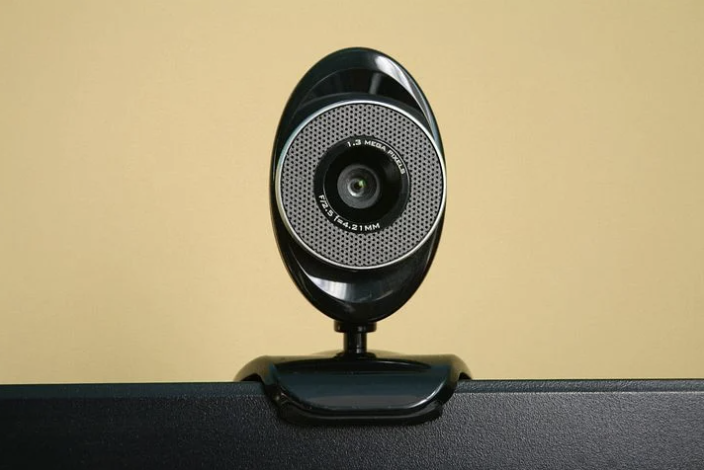Is there a piece of tape covering your webcam? Or do you know someone who does? Some people might call people who do “paranoid.” They’re not. In this blog post, we will discuss if hackers can spy on you through your webcam and share a few suggestions on how to make yourself a smaller target.
First, is this really a thing? In June 2016, Facebook CEO Mark Zuckerberg made headlines when a photo of him sitting at his desk revealed that he also covered up the webcam and mic on his laptop as a security measure. Former FBI Director James Comey said it was a “sensible” thing to do. Wikileaks released documents that detail some of the CIA’s tools to infiltrate people’s gadgets, including their smartphones and smart TVs.
It’s clear, hackers have been spying on innocent people via their webcams, gaming consoles and even baby monitors for years. While these devices might appear “private,” hackers have been known to use malware or remote administration tools (RAT) to gain access and control over your computer or webcam.
Once a hacker finds a way into your webcam and begins stalking you, it’s often too late. In many cases, they’ve already stolen your private photos, videos and personal information, including your online passwords and financial documents — which they can then use to blackmail you or steal your identity.
In the world of cybercrime and identity theft, hackers often work faster to disable protection software than law enforcement and the FBI can to prevent security breaches.
Along with covering your webcam with tape or a sticky note, there are a few other things you should do to prevent your computer from being hacked.
- Install anti-virus/anti-malware security software and keep it updated.
- Update your computer’s software as soon as updates become available; don’t put them off.
- Make sure your computer’s firewall is turned on.
- Don’t download attachments or click on links in emails that you weren’t expecting, even if it appears to be an email from a friend. If it’s out of the blue and seems a little strange, trust your gut and call the person to double check. It could be a phishing attempt (for common phishing tactics and tips on staying safe, read our post).
- If you see the indicator light for your webcam turn on, take it seriously. It’s likely you’ve been compromised.
- Keep your wireless network secure by using a really strong, unique password.
- Sign up for an identity theft restoration membership, that way if your identity is stolen, you’ll know exactly who to call to fix the damage.
LibertyID provides expert, full service, fully managed identity theft restoration to individuals, couples, extended families* and businesses. LibertyID has a 100% success rate in resolving all forms of identity fraud on behalf of our subscribers.
*Extended families – primary individual, their spouse/partner, both sets of parents (including those that have been deceased for up to a year), and all children under the age of 25
Image: Pixabay

